
Delegates attending the AMDER Report 2024 Launch Ceremony.
Attending the announcement ceremony were Mr. Pham Tan Cong, Chairman of VCCI; Dau Anh Tuan, Deputy General Secretary of VCCI; Mr. Nguyen Phuong Lam, Director of VCCI Mekong Delta Branch; leaders of Provincial Party Committees, People's Councils, People's Committees of provinces in the Mekong Delta region, along with embassies and counselors of countries in Ho Chi Minh City.
Leaders of Tra Vinh Provincial People's Committee, including comrade Nguyen Quynh Thien, Provincial Party Committee member, Vice Chairman of the Provincial People's Committee; Thach Phuoc Binh, Provincial Party Committee member, Deputy Head of the National Assembly delegation of the 15th tenure, Tra Vinh province; leaders of the Department of Finance, Department of Industry and Trade, Economic Zone Management Board... and a number of enterprises of Tra Vinh province.

Vice Chairman of the Provincial People's Committee Nguyen Quynh Thien (front row, right cover) attended the 2024 AMDER Report Announcement Ceremony.
The 2024 Mekong Delta Annual Economic Report, with the theme: “Mobilizing investment for sustainable development”, aims to provide a comprehensive picture of the macroeconomic situation and opportunities and challenges in attracting investment capital, creating a driving force for sustainable growth in the Mekong Delta.

Comrade Pham Tan Cong, Chairman of VCCI, spoke at the AMDER Report 2024 Announcement Ceremony.
Speaking at the announcement ceremony, Mr. Pham Tan Cong, Chairman of VCCI affirmed: This is the first regional-scale report of the country conducted annually with the aim of contributing to promoting socio-economic development of the Mekong Delta. The annual research results of the report have been highly appreciated by central agencies, researchers and international organizations and used in planning, discussion and policy making. At the same time, the report is used by the authorities of provinces and cities in the Mekong Delta region in policy making and local economic management.

Leaders of VCCI and VCCI Mekong Delta, Fulbright School of Public Policy and Management Vietnam, Fulbright University Vietnam, Provincial Party Committees and Provincial People's Committees took souvenir photos at the event.
According to the AMDER Report 2024: unsynchronized investment and limited efficiency are the main causes of the slow development of the Mekong Delta. On the other hand, the lack of investment is one of the reasons leading to the "downward spiral" of the Mekong Delta economy in recent years. Although it is a key agricultural production and export region, contributing more than 50% to Vietnam's trade surplus, the Mekong Delta has a very low investment capital ratio.
Specifically, in terms of per capita, compared to the 6 socio-economic regions of Vietnam, the Mekong Delta ranks 3rd in ODA capital, 4th in public investment, 5th in FDI, and 6th in domestic private investment. The consequences are poor infrastructure, declining employment opportunities, stagnant labor productivity, and weakened competitiveness.
In the period of 2021 - 2023, the total social investment capital in the Mekong Delta accounted for only 11.2% of the country, down from 13.2% in the period of 2011 - 2016, lower than the contribution rate of the Mekong Delta to the country's GDP. Private investment, the most important growth driver, also grew slowly. As a result, in the past 10 years, the proportion of private investment capital in the Mekong Delta decreased from 14.9% of the country to 12.4%. Notably, FDI in the Mekong Delta in 2023 accounted for only 02% of the total FDI capital in the country, mostly concentrated in Long An, while the remaining provinces were almost devoid of foreign investors.

Mr. Jonathan London, Senior Economic Advisor of the United Nations Economic Development Program in Vietnam, spoke about economic connectivity in the Mekong Delta.
Main barriers to investment mobilization in the Mekong Delta
The main barriers identified by the AMDER 2024 Report include four groups that are holding back investment flows into the Mekong Delta: (1) Weak transport and logistics infrastructure: The Mekong Delta lacks connectivity with major economic centers such as Ho Chi Minh City, high transportation costs and an unsynchronized supply chain. (2) Shortage of skilled labor: The Mekong Delta is the region with the highest immigration rate and the lowest rate of trained labor in the country, while the demand for high-quality human resources is increasing. (3) Risks from climate change: Saltwater intrusion, land subsidence and rising sea levels are causing serious impacts, reducing attractiveness to investors. (4) Business environment is not favorable enough: Investment attraction policies are unattractive, administrative procedures are complicated, and it is difficult to access land and finance.

Dr. Vu Thanh Tu Anh, Director of Fulbright School of Public Policy and Management Vietnam, Head of the research team reporting the results of the 2024 AMDER report
Investment mobilization orientation and solutions
The report proposes four key groups of solutions to invest and promote sustainable development for the Mekong Delta; in which, policies need to focus on accurately identifying investment priorities, improving investment efficiency; expanding financial resources from both the public and private sectors; effective and efficient public investment is a key condition to attract private investment in the Mekong Delta: (1) Making digital transformation the focus of investment and development strategy; (2) Restructuring public investment allocation towards prioritizing transport and telecommunications infrastructure, logistics and digital transformation; (3) Creating a favorable environment to attract private investment and FDI; (4) Developing a public-private partnership (PPP) model.

Mr. Tran Van Huyen, Deputy Secretary and Chairman of Hau Giang Provincial People's Committee, spoke about the necessity of investment to help the Mekong Delta develop in the coming time.
Towards a sustainable Mekong Delta development
The report emphasizes that to combat economic downturn, the Mekong Delta needs a comprehensive and long-term investment resource mobilization strategy, with close coordination between the Government, local authorities and the business community. Only by attracting sustainable investment flows can the Mekong Delta capitalize on its economic potential, improve labor productivity and ensure sustainable livelihoods for the delta’s 18 million people.

Ms. Sarah Hooper, Australian Consul General in Ho Chi Minh City, shares about the role of investment in the Mekong Delta region.
The Mekong Delta Annual Economic Report 2024 will be widely publicized and will be an important reference document for policy makers, businesses and investors interested in the development of this key economic region. Thereby, the Report proposes appropriate policy recommendations for stakeholders to realize the potential of the region.
News and photos: TRUONG NGUYEN
Source: https://www.baotravinh.vn/trong-nuoc/can-tang-cuong-ket-noi-dau-tu-dong-bo-toan-dien-huong-den-dbscl-phat-trien-ben-vung-44633.html


![[Photo] 2nd Conference of the Party Executive Committee of Central Party Agencies](https://vstatic.vietnam.vn/vietnam/resource/IMAGE/2025/3/31/8f85b88962b34701ac511682b09b1e0d)
![[Photo] Prime Minister Pham Minh Chinh receives delegation of leaders of US universities](https://vstatic.vietnam.vn/vietnam/resource/IMAGE/2025/3/31/8be7f6be90624512b385fd1690124eaa)

![[Photo] Ministry of Defense sees off relief forces to the airport to Myanmar for mission](https://vstatic.vietnam.vn/vietnam/resource/IMAGE/2025/3/30/245629fab9d644fd909ecd67f1749123)


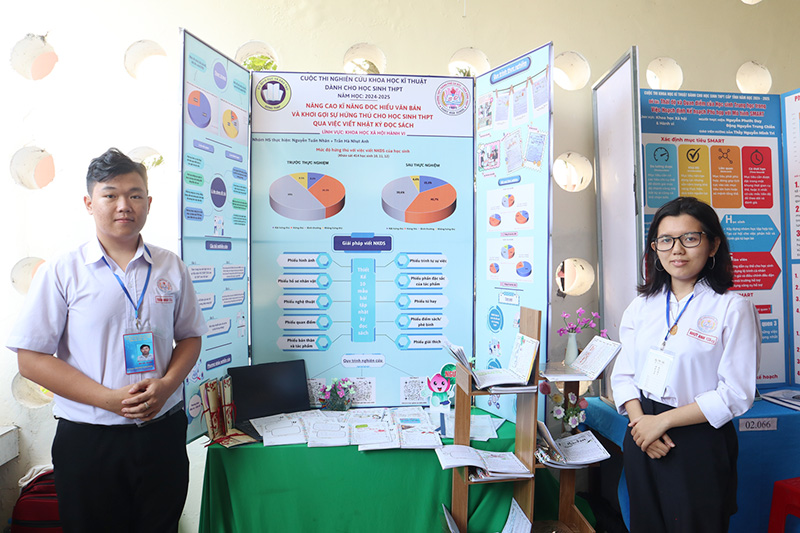

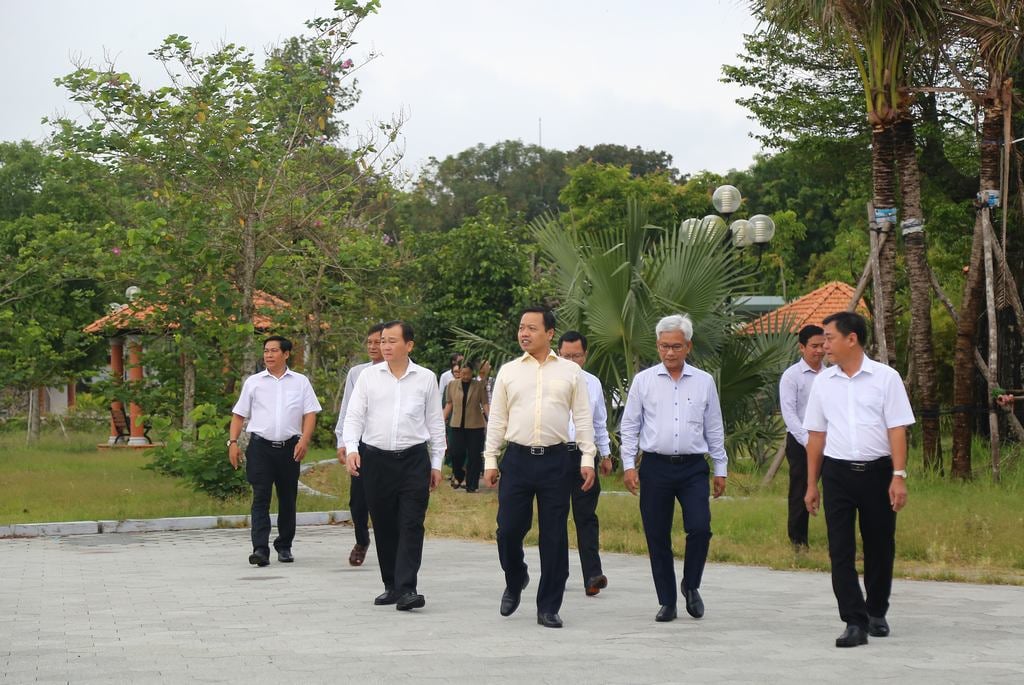
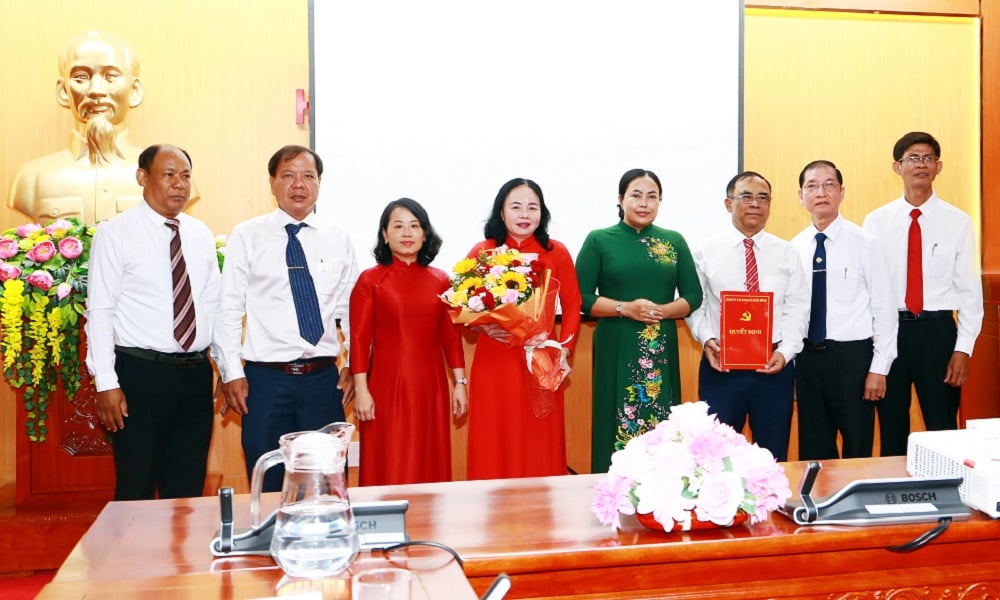
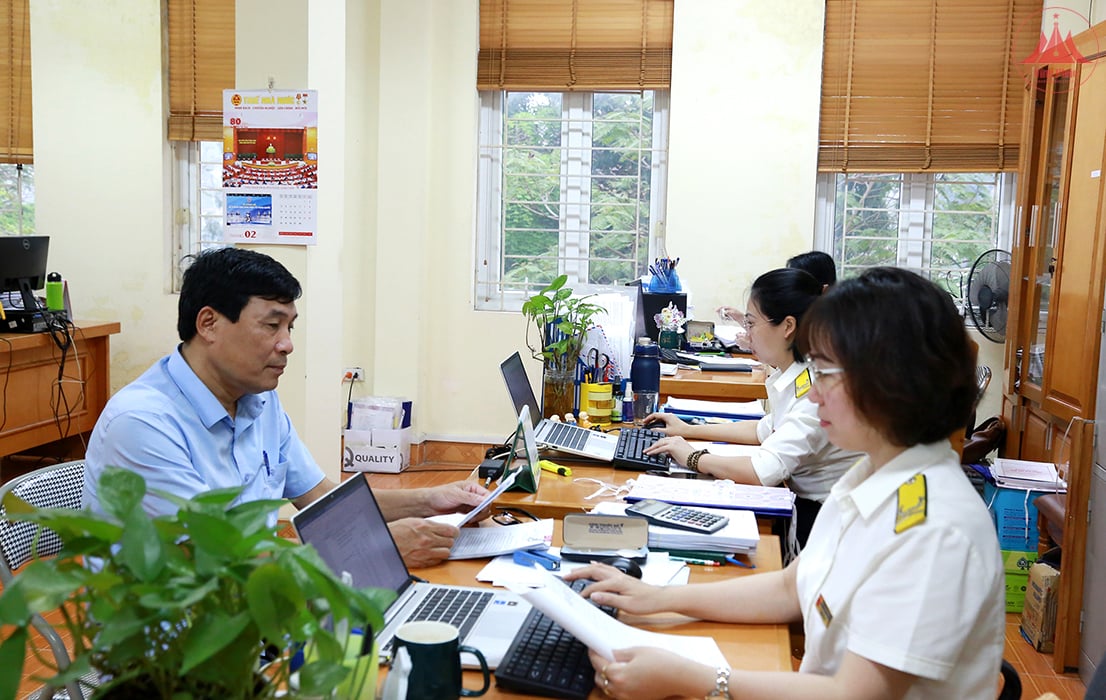
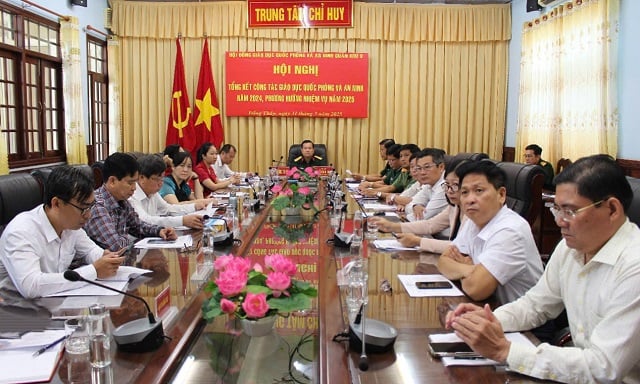



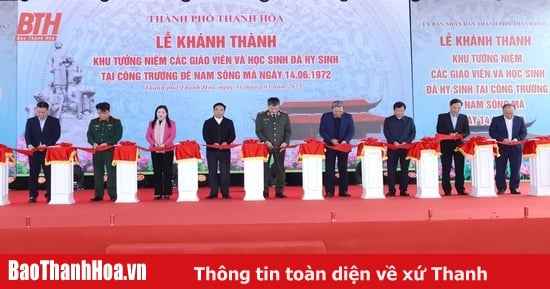

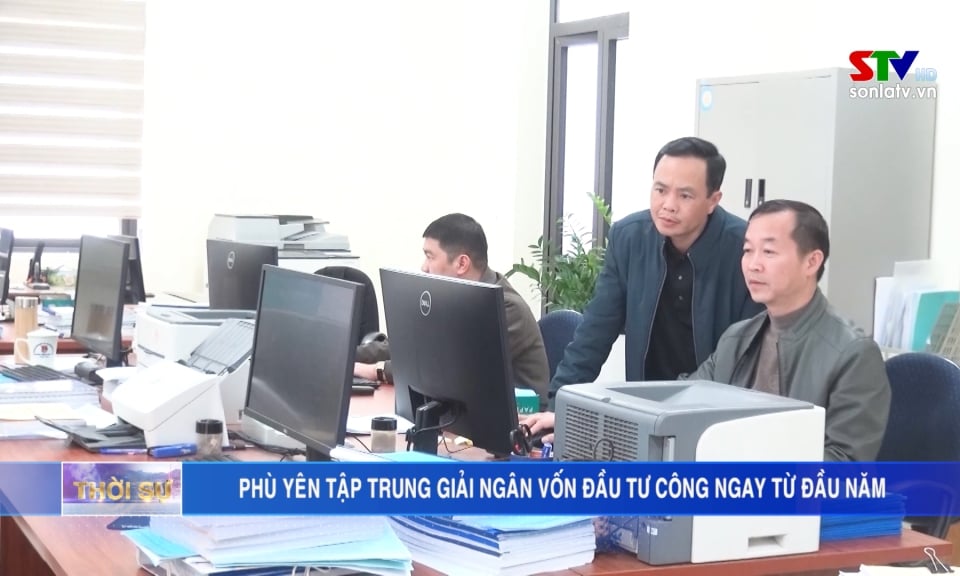
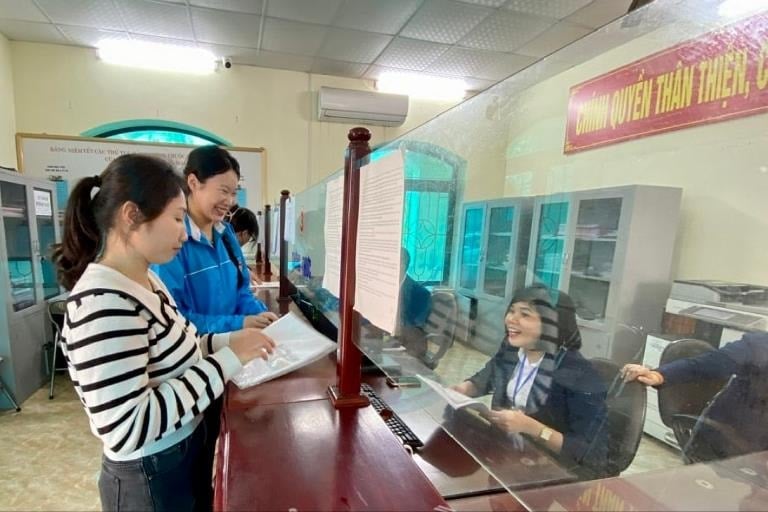
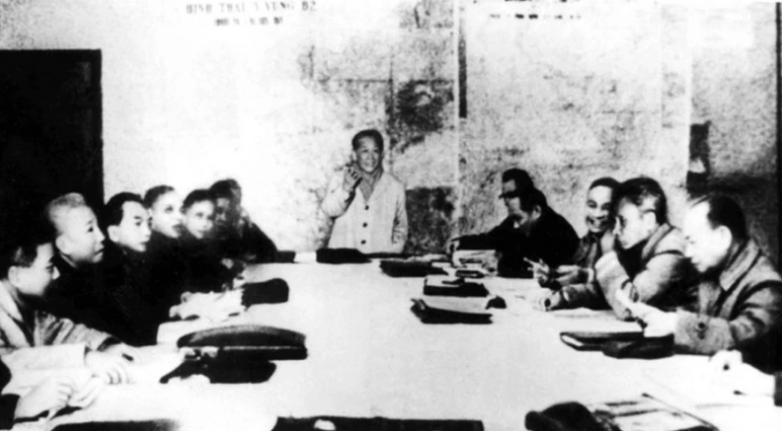
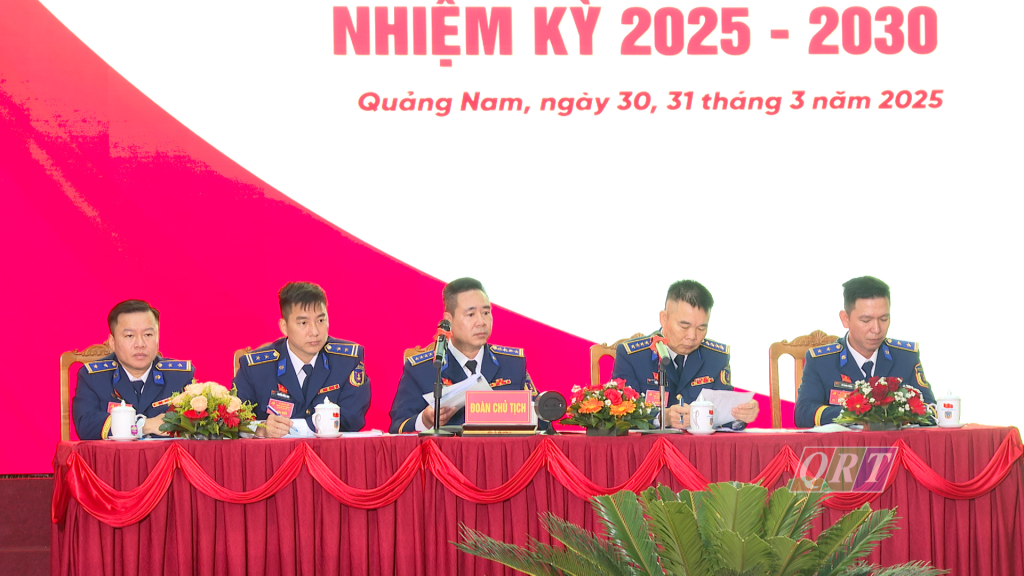













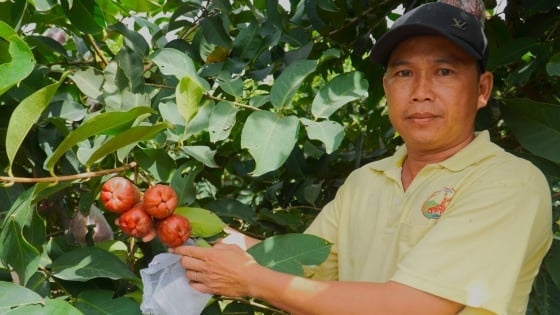

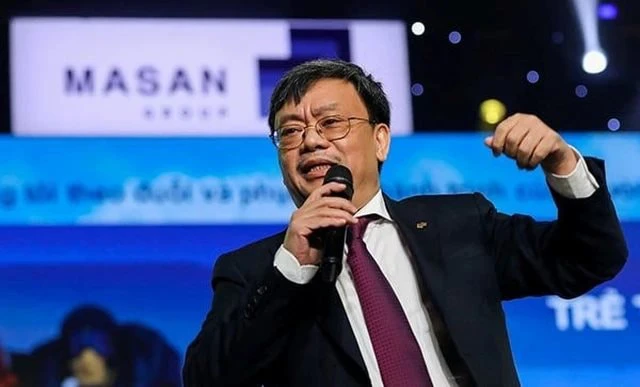





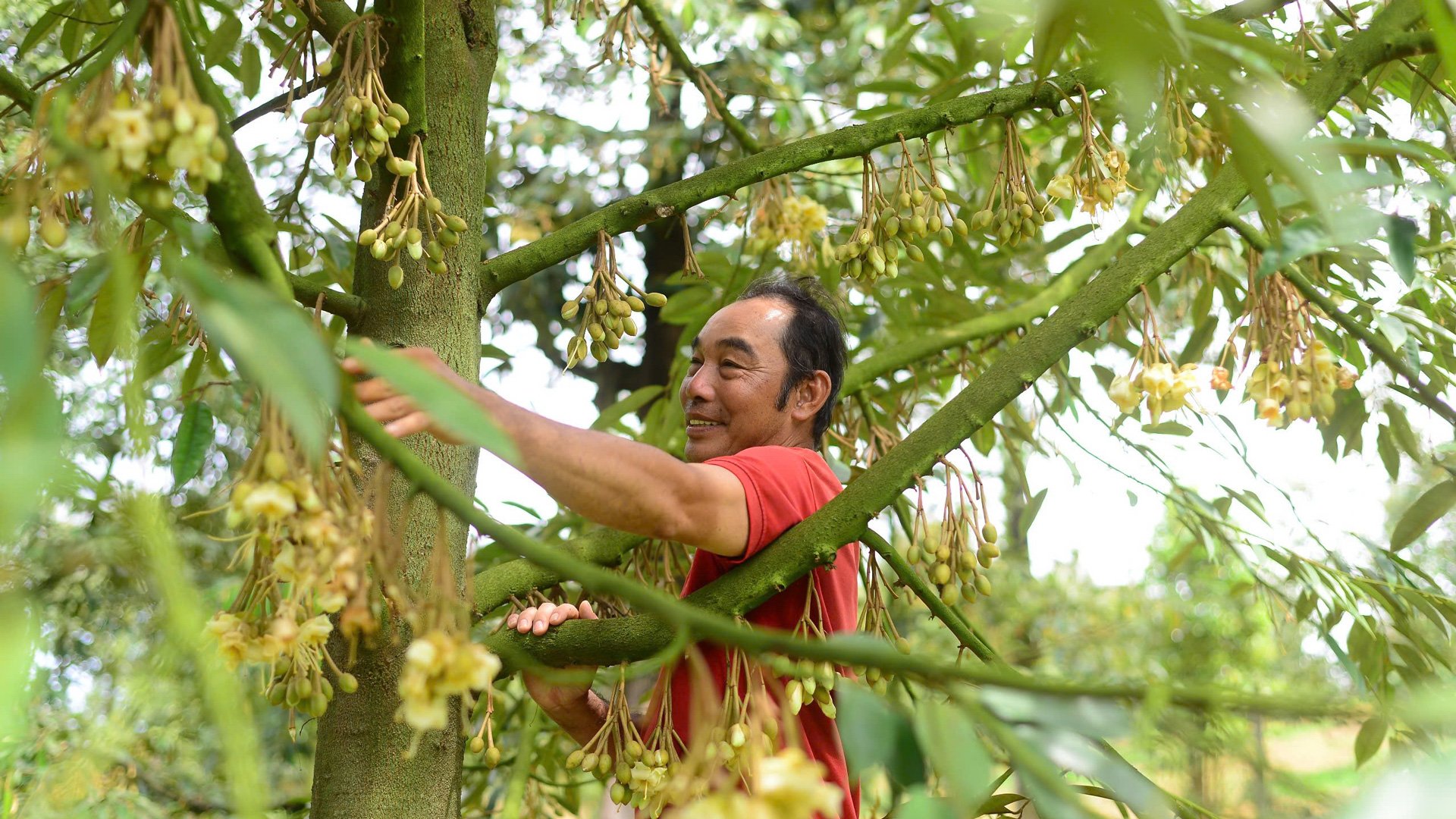
















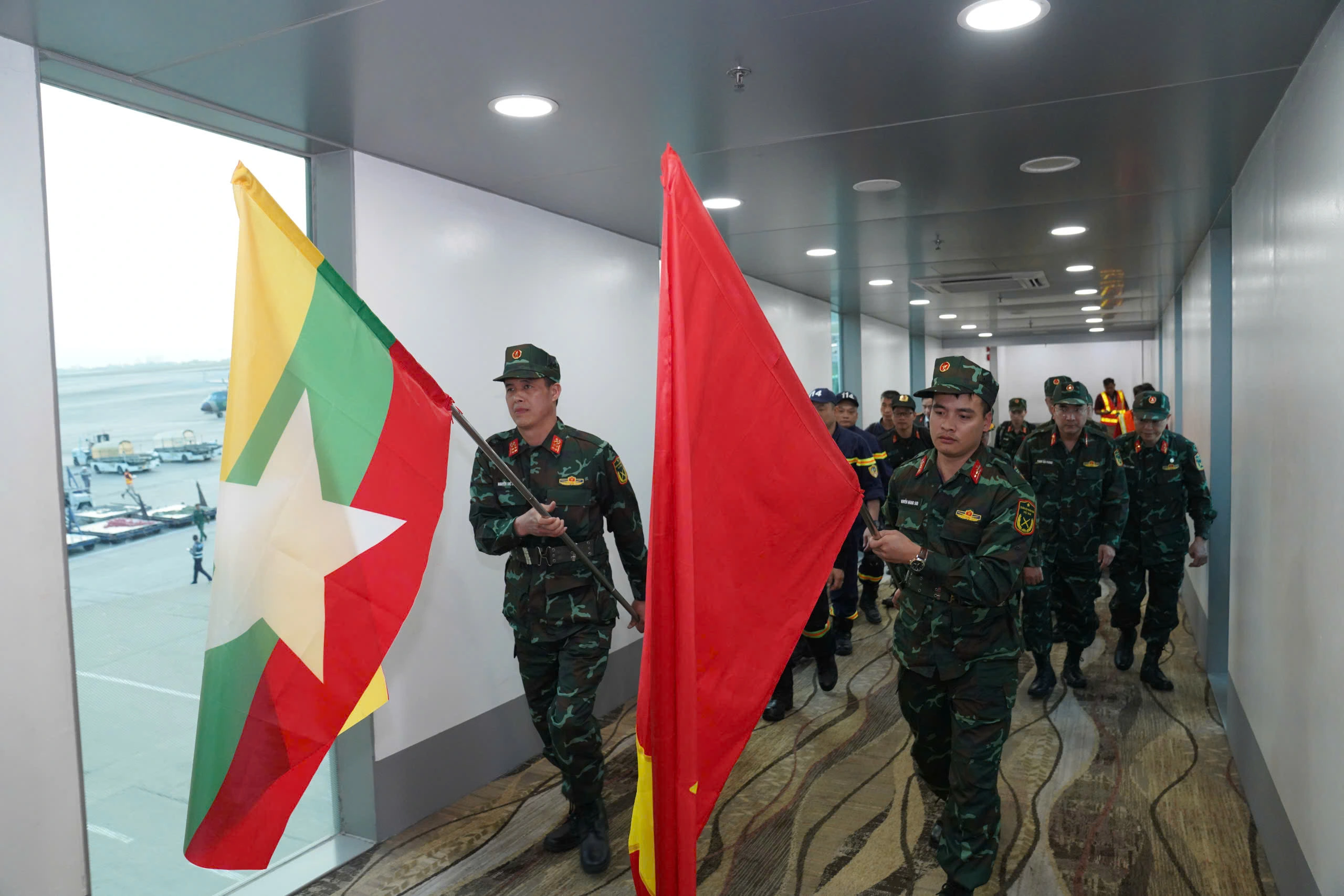


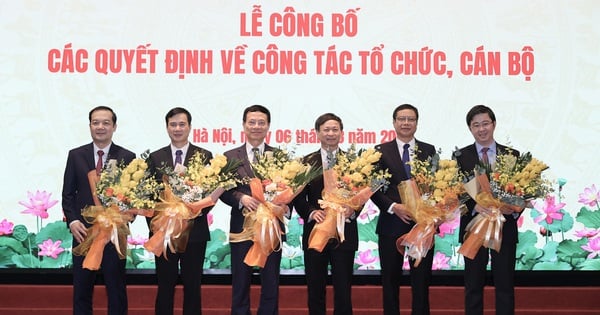

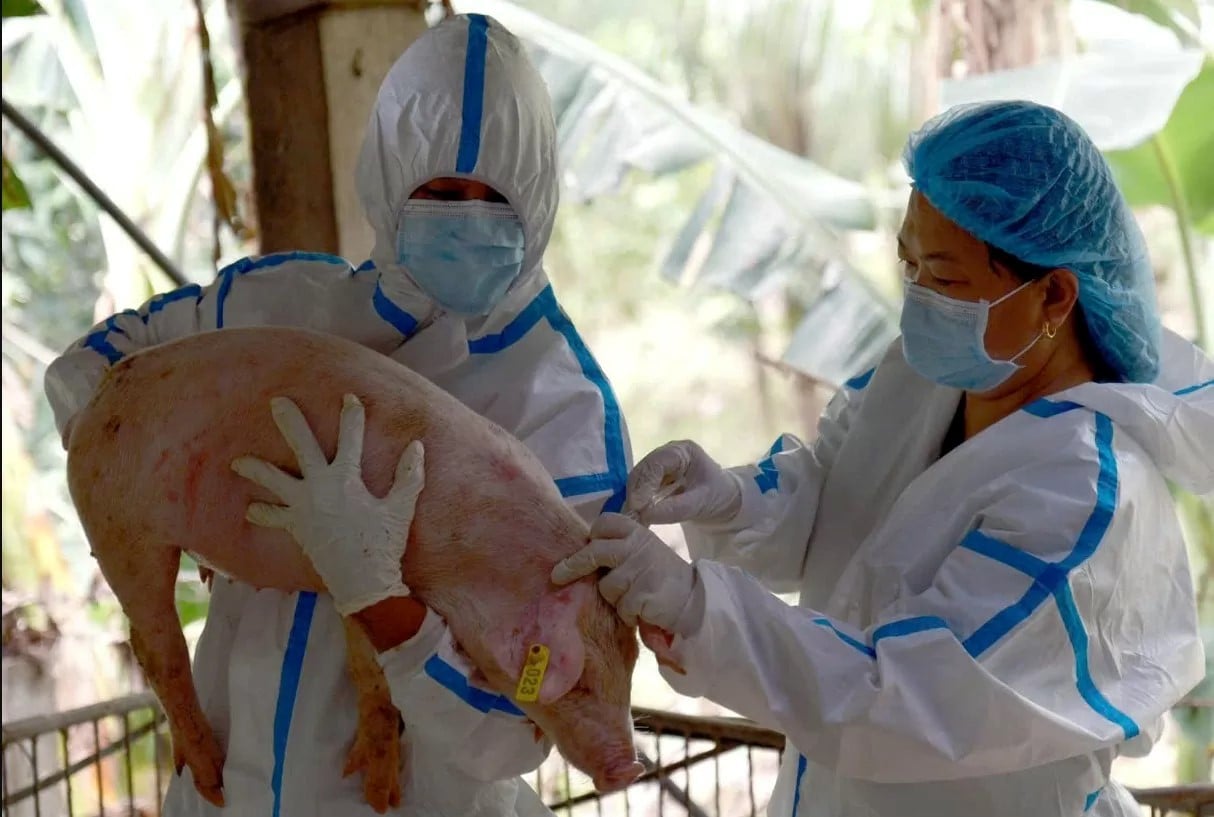

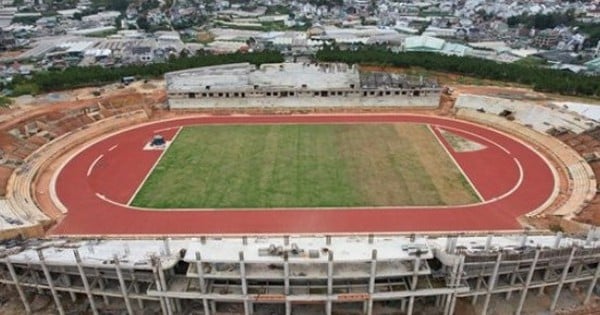

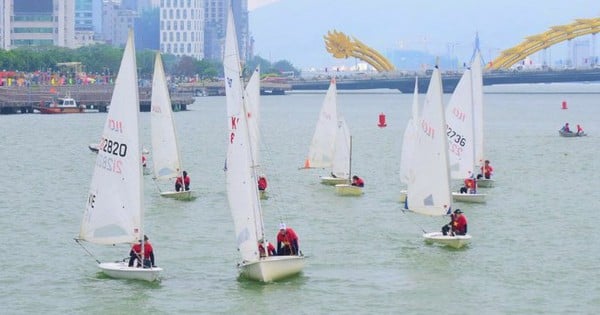




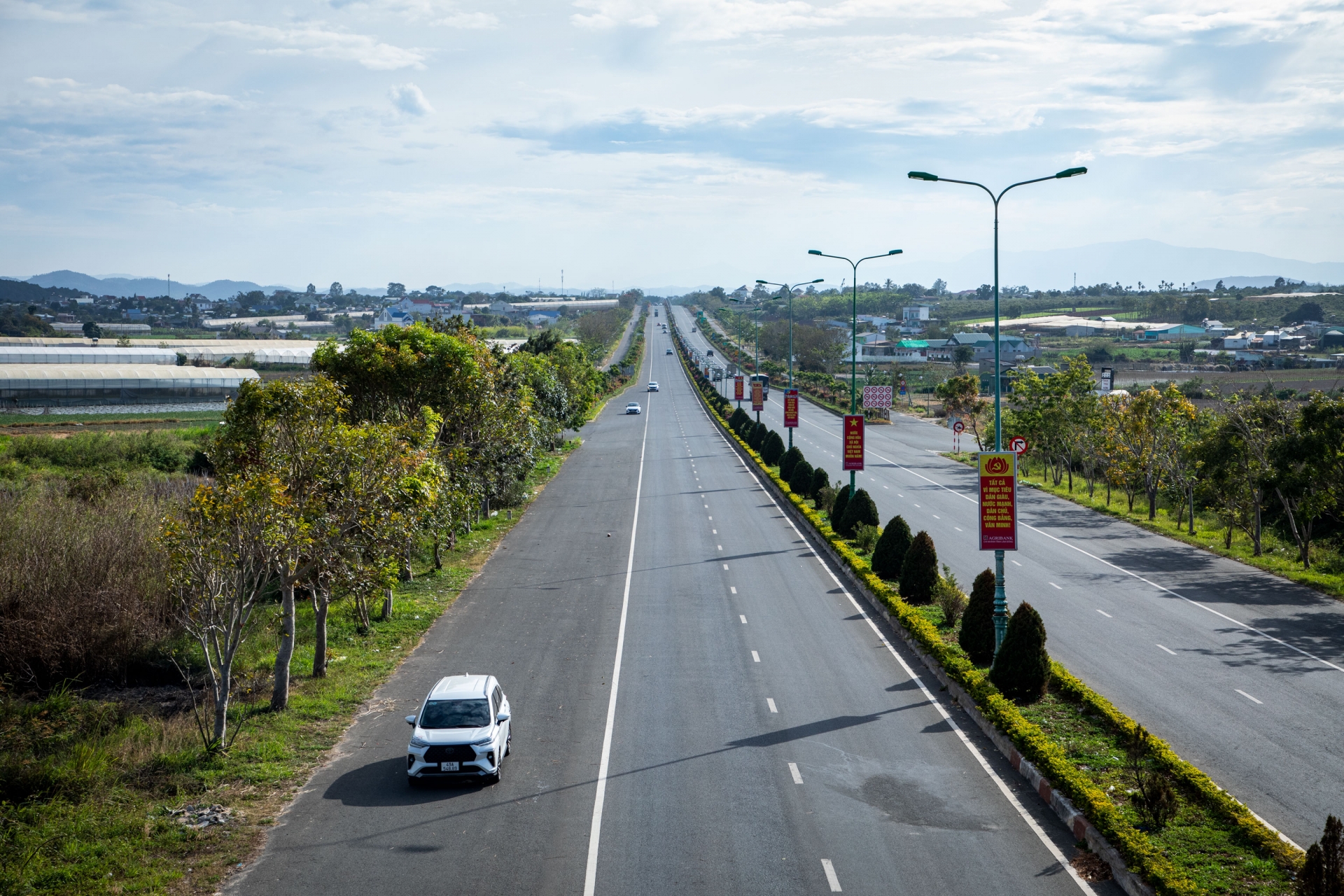









![[REVIEW OCOP] An Lanh Huong Vet Yen Cat](https://vstatic.vietnam.vn/vietnam/resource/IMAGE/2025/3/27/c25032328e9a47be9991d5be7c0cad8c)



Comment (0)